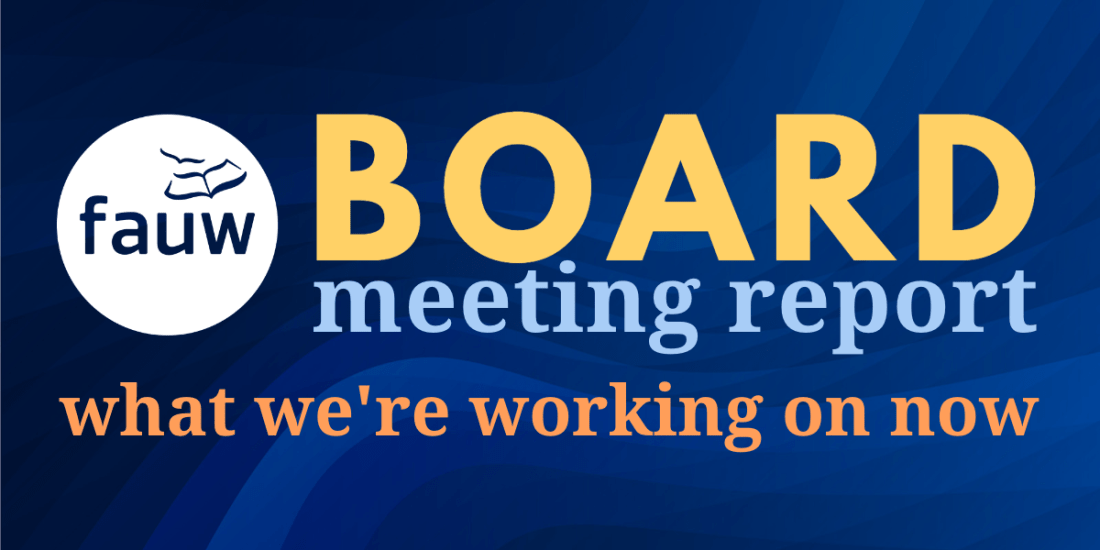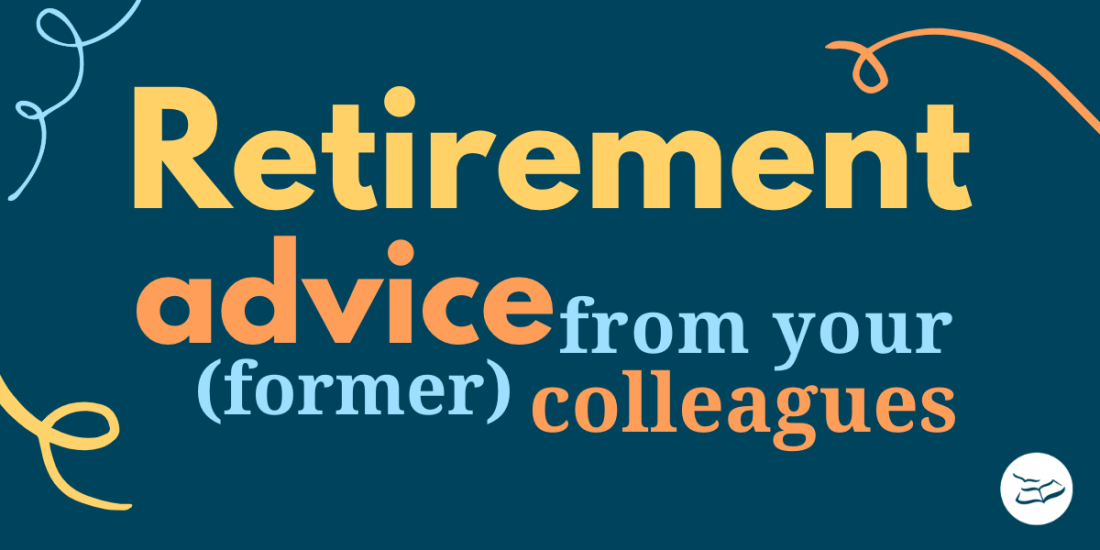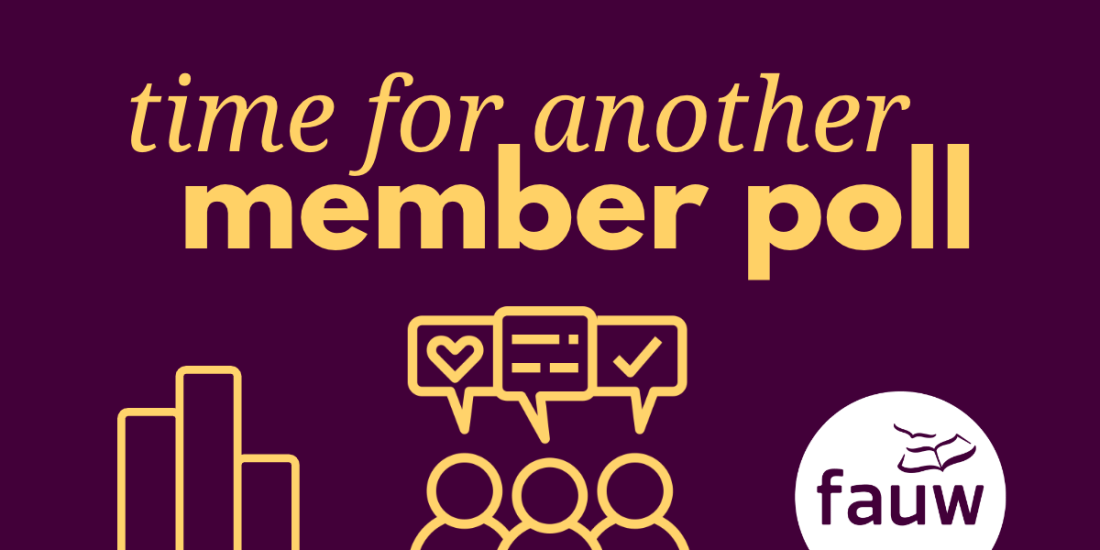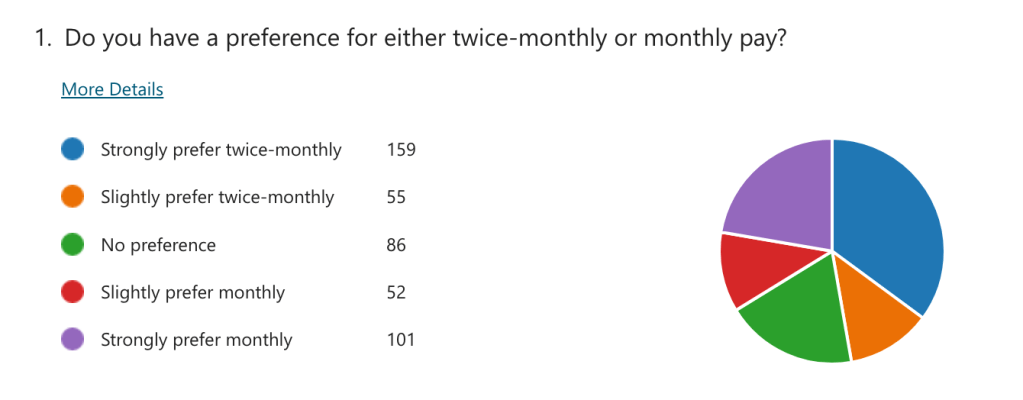Here’s what we talked about at the last meeting of the FAUW Board of Directors:
Reopening the 2021 salary settlement. The administration has agreed to review our last 2021 salary settlement in light of Bill 124 being defeated in court (Bill 124 was the one that limited compensation increases to 1% annually across the Ontario public sector). A recent arbitration decision made it clear that organizations should not wait for the outcome of an appeal before re-opening the negotiations that were constrained by Bill 124.
Policy 33 – Ethical Behaviour. There has been no movement on this very important policy since August 2021. A joint meeting of the Faculty Relations Committee and the Staff Relations Committee was held recently to discuss the 2021 draft, to consider outstanding issues, and to press for implementation of the revised policy as soon as possible.
Policy 12 – Compassionate Care & Bereavement Leave. The Faculty Relations Committee discussed a draft version of this new policy. We want to ensure that (a) there are no unnecessarily burdensome documentation requirements, (b) the definitions of family include all those that we might consider close family, even if the connections may not be conventional, and (c) applications to extend a period of compassionate leave beyond the minimum are consistently and fairly resolved. The Staff Relations Committee is also discussing this draft, and we believe we are close to agreement on all sides.
Policy 57 – Employee Accommodations. The key features of this new policy that we are advocating for are (a) the establishment of a Central Office for processing accommodation requests, and (b) the costs of accommodations should be met from central funding, not from department or faculty budgets. We think it’s essential that the central office, not the individual’s dean, determines the appropriate accommodations for each individual, and works with the individual’s department to avoid any negative impact on their colleagues.
Governance review. The Board reviewed a project proposal from CAUT and will be issuing a call for members for an ad hoc committee soon.
Continue reading “Board meeting report: February 16, 2023”




